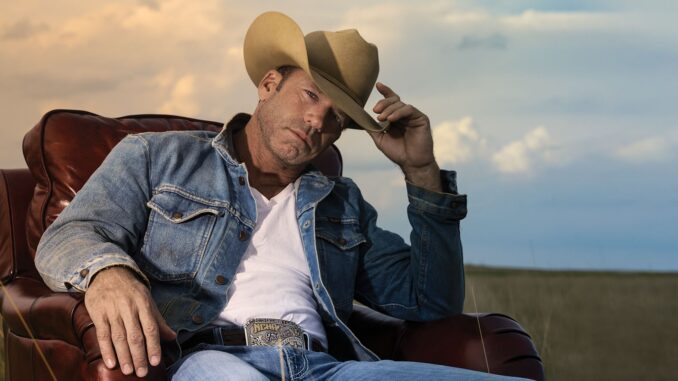
The amber glow of a Montana sunset, casting long shadows over grazing bison and the sprawling expanse of the Dutton Ranch, has become an iconic image of modern television. Taylor Sheridan, the architect of this rugged empire, has carved out a unique niche in the cultural landscape, spinning tales of land, legacy, and the brutal fight for both. His universe, beginning with Yellowstone and expanding through the evocative prequels 1883 and 1923, is a tapestry woven with raw emotion, breathtaking landscapes, and characters forged in the crucible of ambition and tradition. Yet, for all his undeniable genius, a persistent whisper has followed Sheridan, a common criticism that his narratives, for all their powerful female characters, often place them within or in relation to a patriarchal structure, rarely granting them the absolute, unadulterated center of their own universe.
This isn't to say Sheridan's women are weak – far from it. Beth Dutton is a force of nature, a corporate shark with the loyalty of a wild dog, her every biting word a testament to her steel nerves. But her entire formidable persona is bound to her father, John Dutton, and the protection of his ranch. Her battles, though her own, are fought under his banner, for his legacy. Elsa Dutton, the spirited heart of 1883, narrates her own tumultuous journey across the unforgiving plains, but her story is framed by her father James's westward quest. Even Cara Dutton of 1923, the unwavering matriarch, operates as the steadfast partner and emotional anchor to her husband, Jacob, her strength often expressed in the unwavering support of his vision. These women are titans, yes, but their stories, for all their individual arcs, often remain satellites orbiting a male sun.
The criticism, then, isn't about the absence of strong women, but the perceived absence of a truly independent female-led narrative where the protagonist's identity, struggles, and triumphs are not primarily defined by her relationship to a father, husband, or a male-dominated institution she is fighting to protect for them. It's about the distinction between a powerful supporting role and the absolute, unquestioned lead.
Enter the murmur of a new horizon in Sheridan's universe: the upcoming Yellowstone spinoff centered around the legendary 6666 Ranch in Texas. While details remain guarded, the very premise of this venture, particularly with reports hinting at a female lead taking the reins of this historically significant and overwhelmingly male-dominated institution, promises a seismic shift that directly challenges this long-standing criticism.
Imagine: A woman, not inherited into the position through a father's will or fighting to keep a family legacy alive for a male figure, but stepping into the dust-strewn boots of leadership at the Four Sixes. This isn't just a ranch; it's a myth, an almost sacred cow in the annals of American ranching. For a woman to be the primary architect of its future, to face its challenges not as a wife or daughter or even a corporate strategist protecting someone else's assets, but as the singular decision-maker, the ultimate authority – that is a narrative departure of monumental significance.
Her battles would be her own. Her decisions, her burdens, her triumphs would not be an extension of a male counterpart but intrinsically hers. The struggles she faces would offer fresh perspectives on leadership, on masculinity, on the very nature of power in a world where grit and determination know no gender. Would she face different challenges? Undoubtedly. Would her leadership style differ? Likely. This isn't merely about adding a female character; it's about redefining the very source and expression of authority within Sheridan's established universe. It's about showing that the same rugged individualism, the same unyielding loyalty to the land, can manifest in a narrative where the woman stands entirely on her own, a beacon of self-contained agency.
This upcoming spinoff, therefore, isn't just another chapter in the Dutton saga; it's an opportunity for Taylor Sheridan to confront, illustrate, and potentially dismantle one of the most common critiques leveled against his otherwise celebrated body of work. By potentially placing a woman at the undisputed helm of an enterprise as iconic as the 6666 Ranch, he doesn't just expand his universe; he expands its very definition of power, proving that the sun of his narrative can, indeed, orbit around a female star. It's a bold step, promising not just a gripping new story, but a testament to the evolving landscape of storytelling itself, where even the most traditional sagas can find new frontiers to explore.
